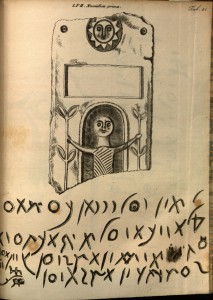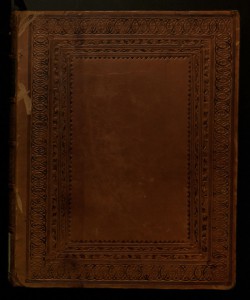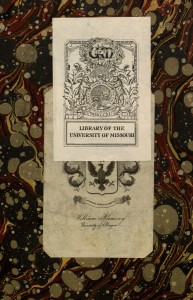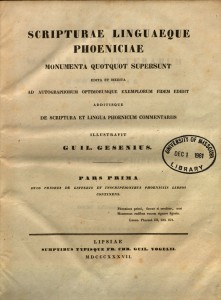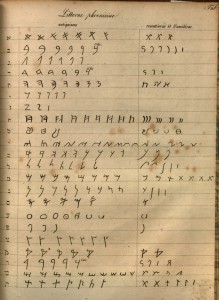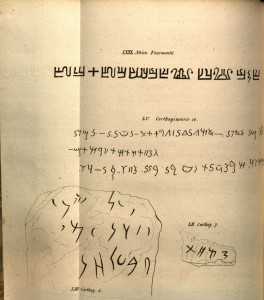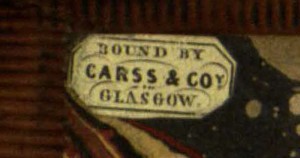Literature Review: Digging Deeper (Part 2)
Feb. 6 1:00 – 2:00 p.m.
Room 213, Ellis Library
Learn some of the more sophisticated features of database searching to yield the results you want. Using a variety of databases, we’ll focus on practical techniques that can save you time and effort.
Goodie Bhullar, Library Instruction Coordinator; Rachel Brekhus, Humanities Librarian
All workshops are offered simultaneously in two formats: Face-to-face in Rm. 213 Ellis Library and live online.
To Register: http//tinyurl.com/MULibrariesworkshops
(click on gold calendar entries for face-to-face workshops and pink calendar entries for live online)
